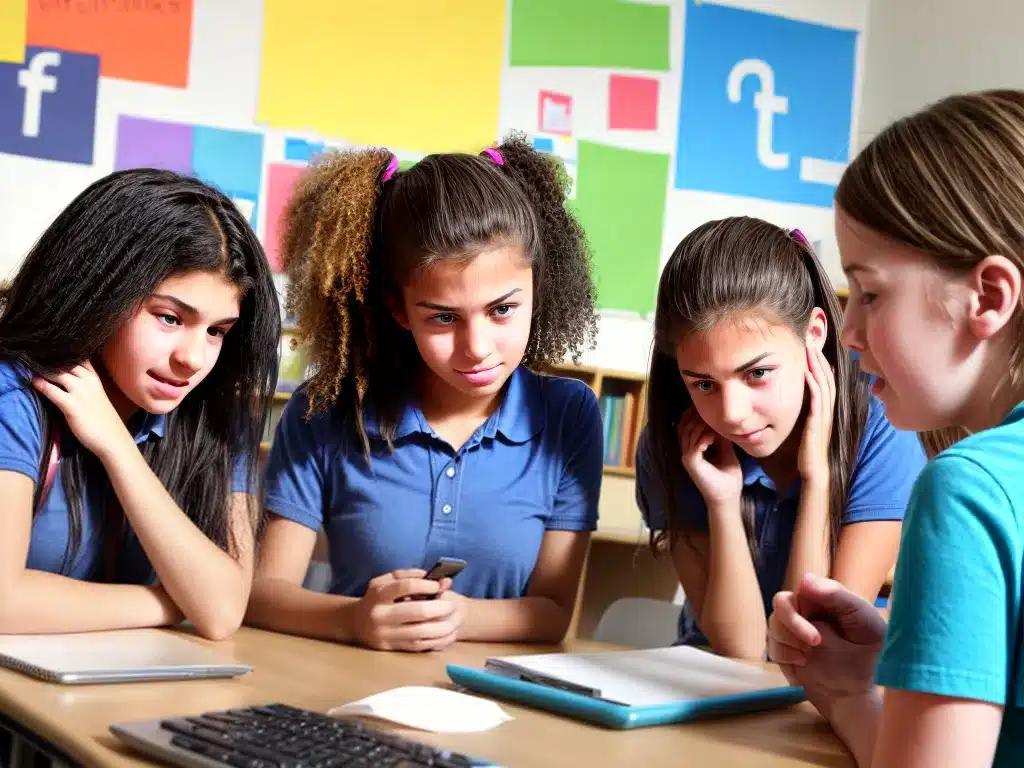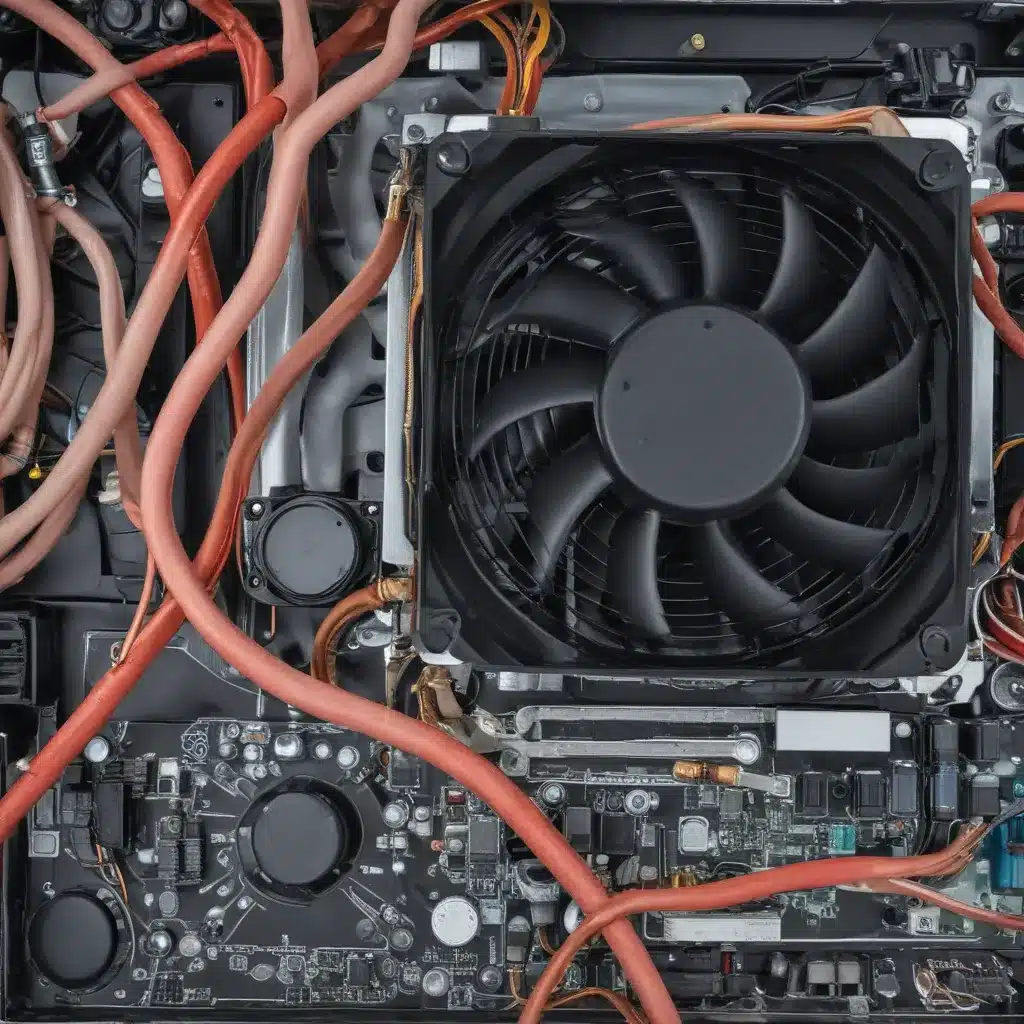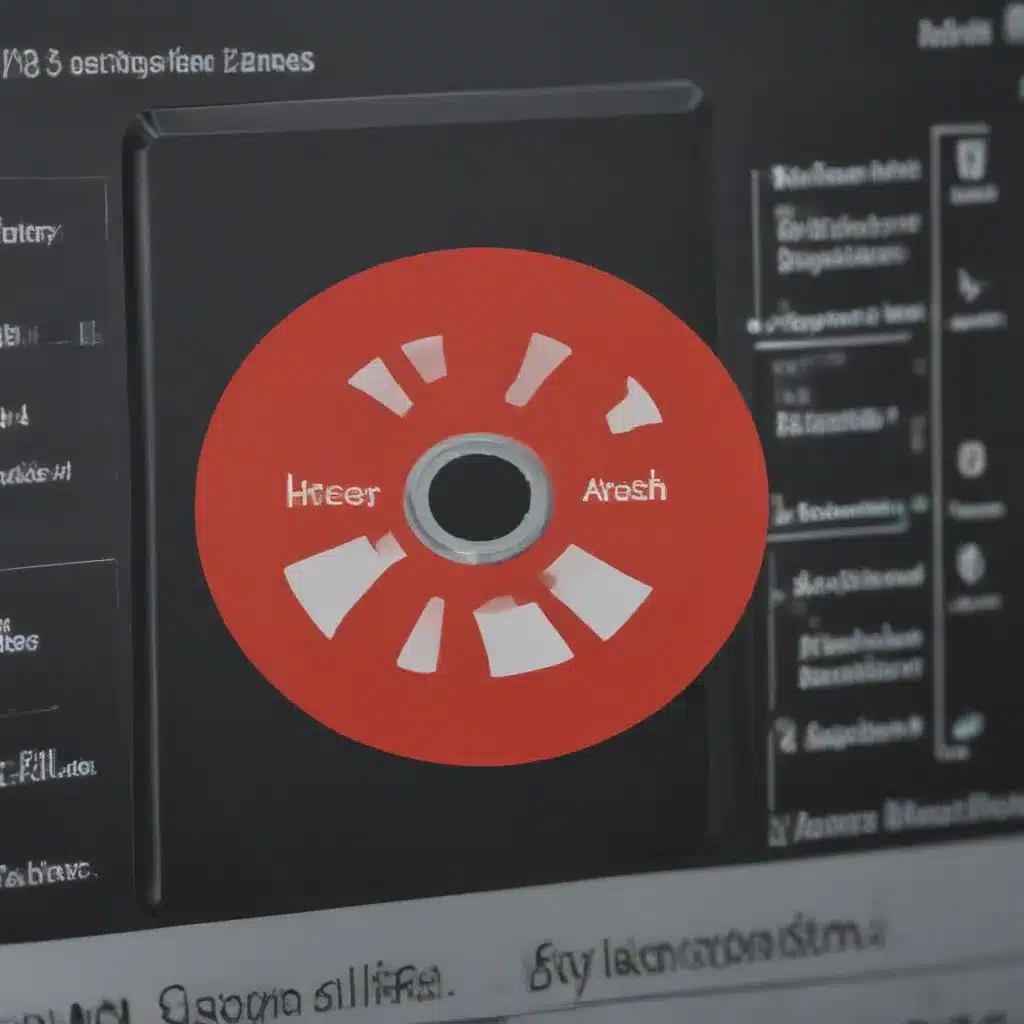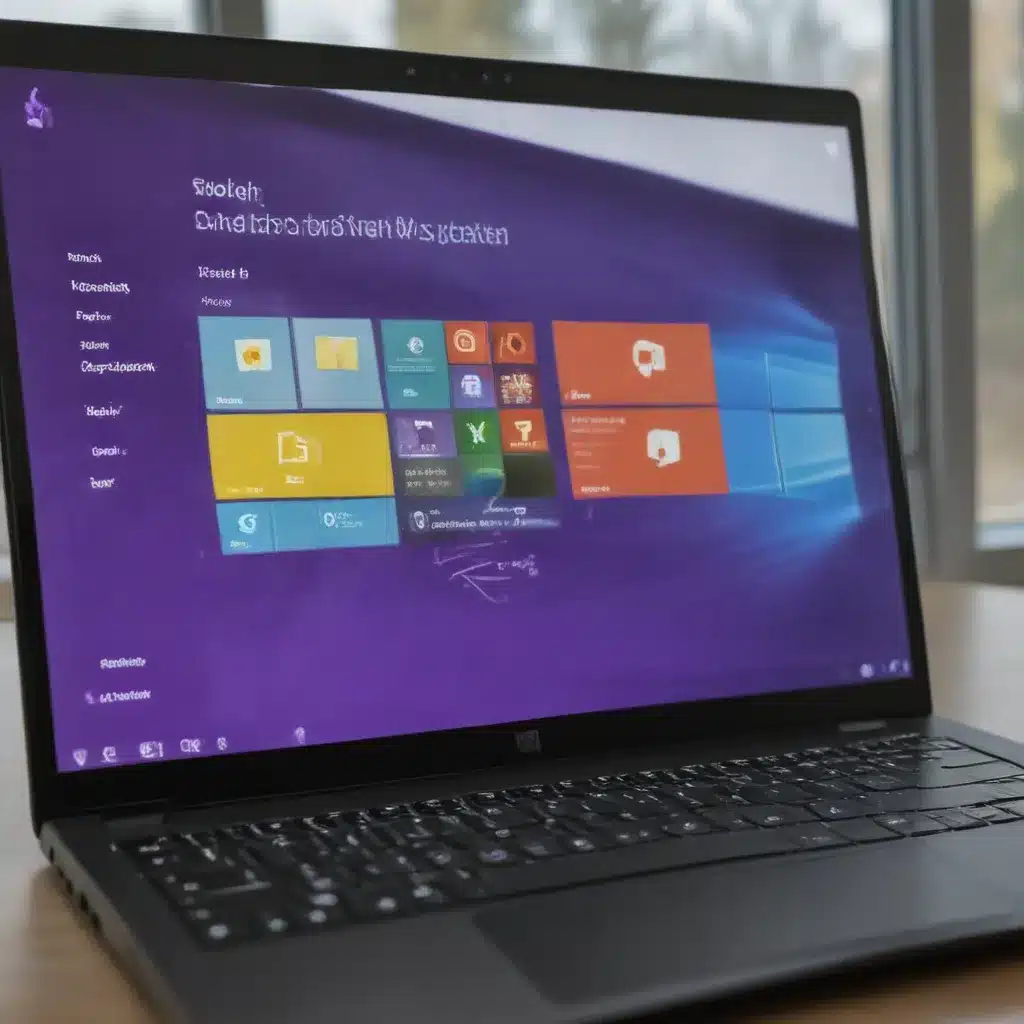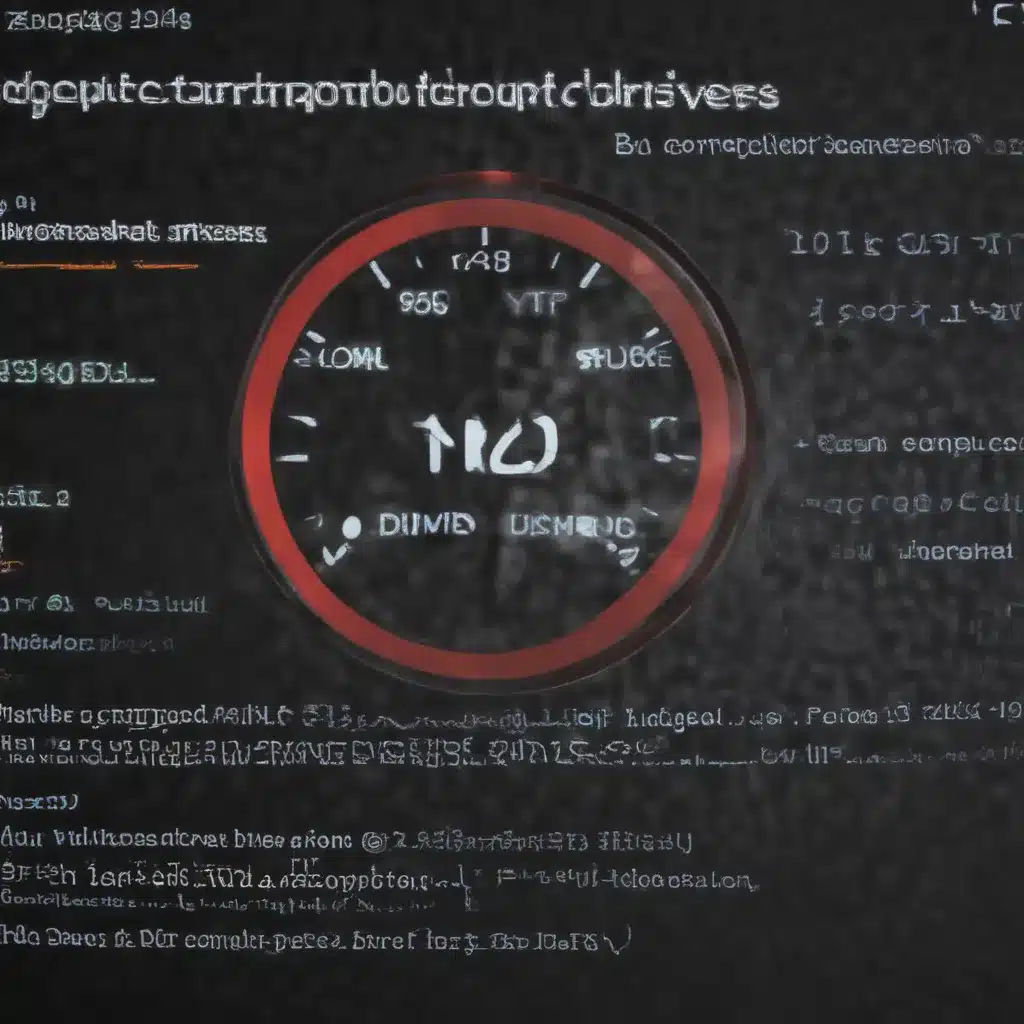Introduction
Social media use in schools is a complex issue with arguments on both sides. Proponents argue that social media allows students to collaborate, communicate, and learn valuable digital skills. Critics contend that social media can be distracting, unsafe, and promote cyberbullying. In this article, I will examine the pros and cons of social media use in schools in depth.
Potential Benefits of Social Media in Schools
Enhanced Communication and Collaboration
- Social media allows students and teachers to communicate and collaborate more easily. Platforms like Edmodo provide a safe environment for students to interact, share ideas, and work together on projects. This can promote better communication, engagement, and teamwork.
More Engaging Learning
- Incorporating social media into lessons can make learning more fun, interactive, and engaging for students. For example, teachers can create educational games or activities on platforms like Kahoot.
Development of Digital Skills
- Using social media in the classroom helps students build valuable digital citizenship and 21st century skills like critical thinking, creativity, and communication. These skills are essential for students’ future careers.
Increased Student Engagement
- Social media is entrenched in most students’ lives outside of school. Bringing it into the classroom can capitalize on their interest and boost student motivation and participation.
Concerns About Social Media in Schools
Distraction and Time-Wasting
- Critics argue social media can be hugely distracting and lead to off-task behavior. Students may be tempted to post to their personal accounts instead of focusing on learning.
Cyberbullying and Inappropriate Content
- There are concerns about cyberbullying, sharing of inappropriate content, oversharing of personal information, and other unsafe student behavior on social media. Monitoring this can be challenging for schools.
Stress and Unhealthy Comparison
- Excessive social media use can contribute to poorer mental health, low self-esteem, and unhealthy social comparison among students as they portray unrealistic versions of their lives online.
Privacy and Data Concerns
- Student data privacy is a major concern with many social media sites. Commercial social media platforms mine user data for profit, which raises ethical issues around children’s privacy.
Best Practices for Social Media Use in Schools
- Only use school-approved platforms like Edmodo that prioritize student safety and data privacy. Avoid commercial platforms when possible.
- Establish clear social media guidelines and educate students on responsible digital citizenship.
- Integrate social media thoughtfully for specific educational purposes, not just for entertainment.
- Monitor student interactions for any concerning behavior and intervene promptly.
- Limit social media use to short bursts for focused tasks, rather than prolonged passive scrolling.
- Involve parents by communicating school social media policies and potential benefits/risks.
Conclusion
Social media is an inevitable part of most students’ lives. Banning it outright in schools seems unrealistic and counterproductive. With the right policies and safeguards in place, social media could become a valuable educational tool that provides more engaging learning experiences. However, schools must weigh benefits against potential risks and implement best practices focused on student wellbeing. Moderation and balance will be key in successfully leveraging social media as a “friend” rather than a “foe” in education.

